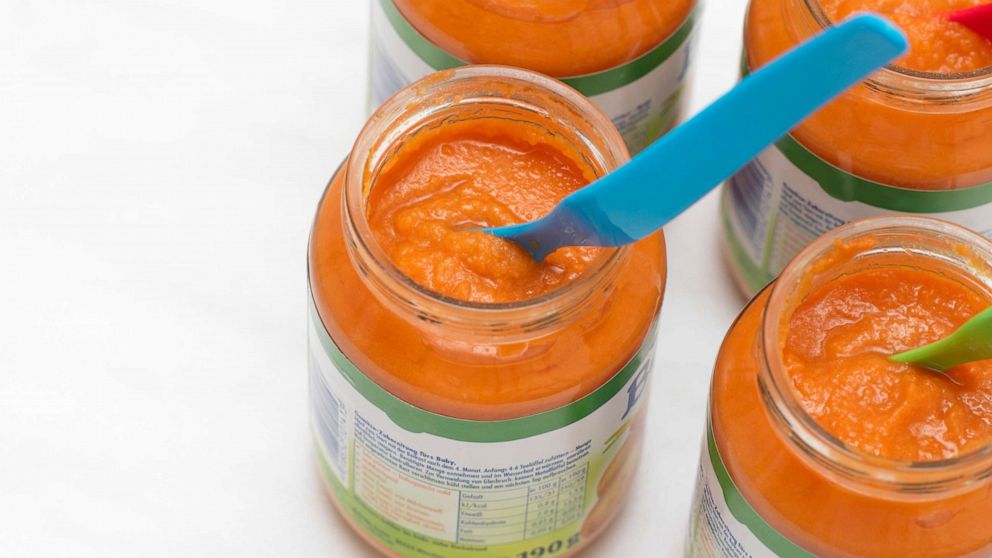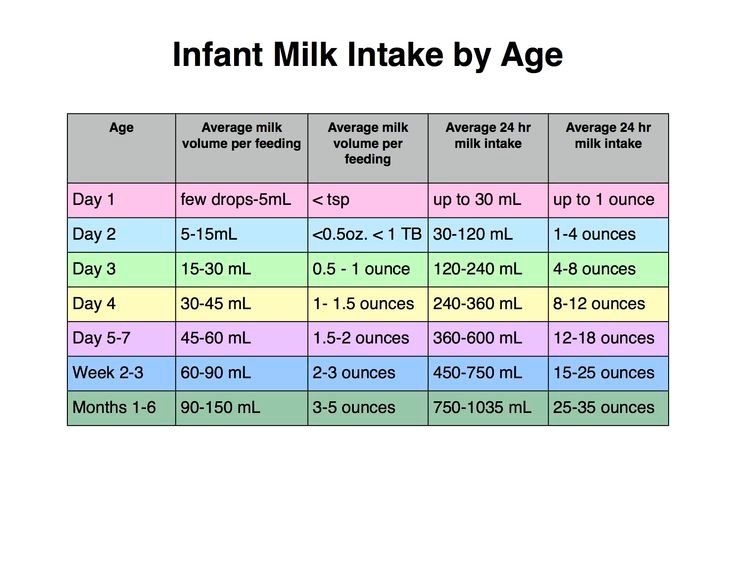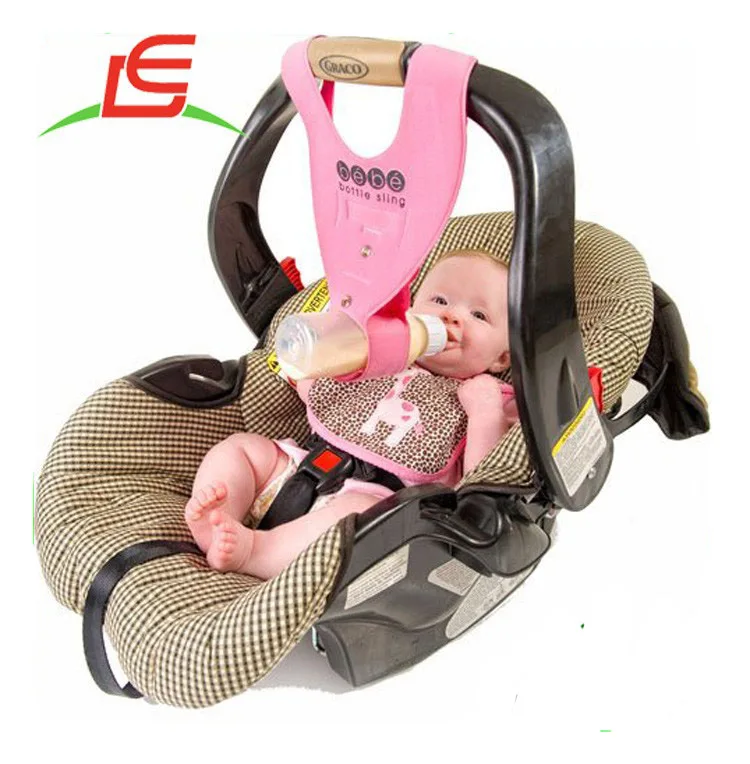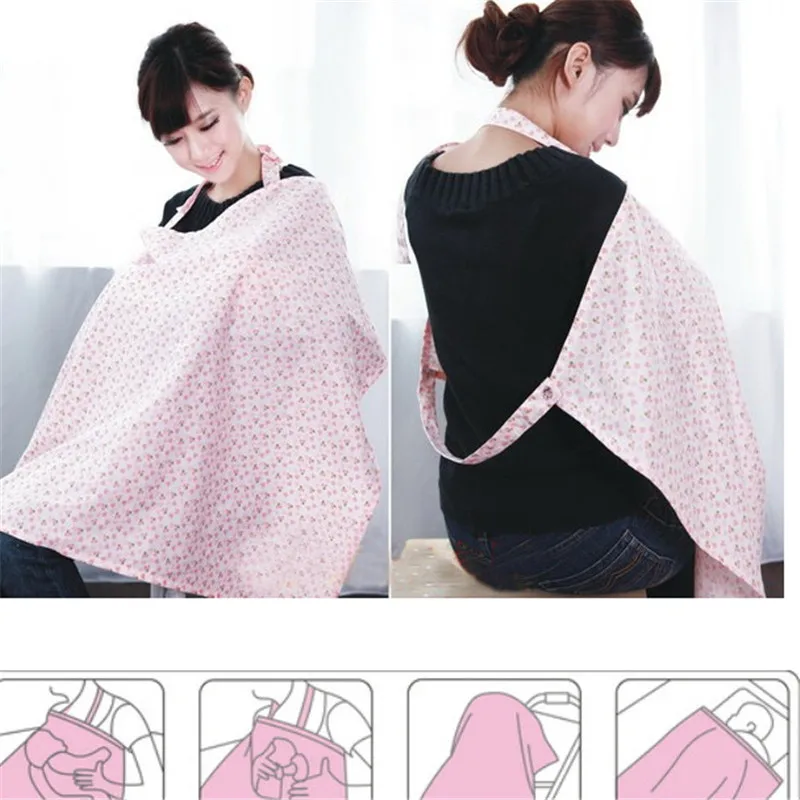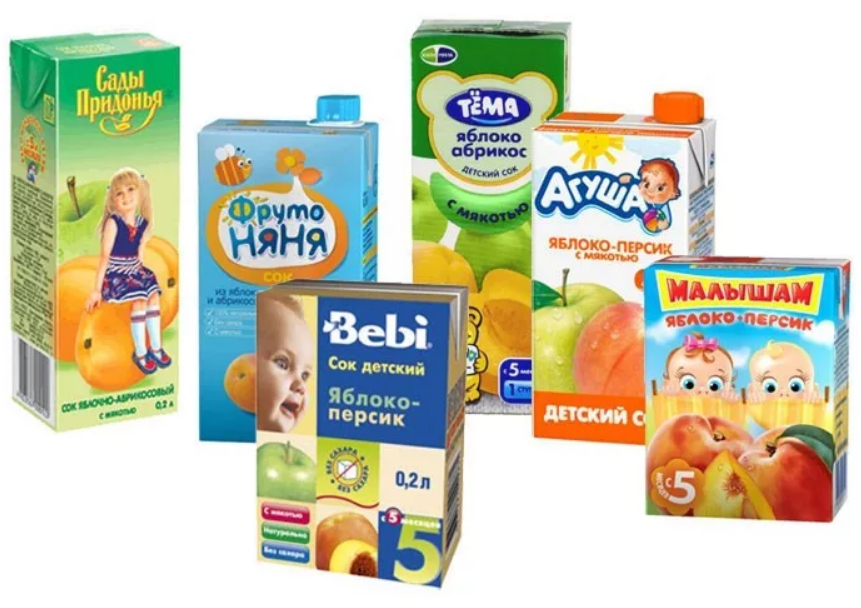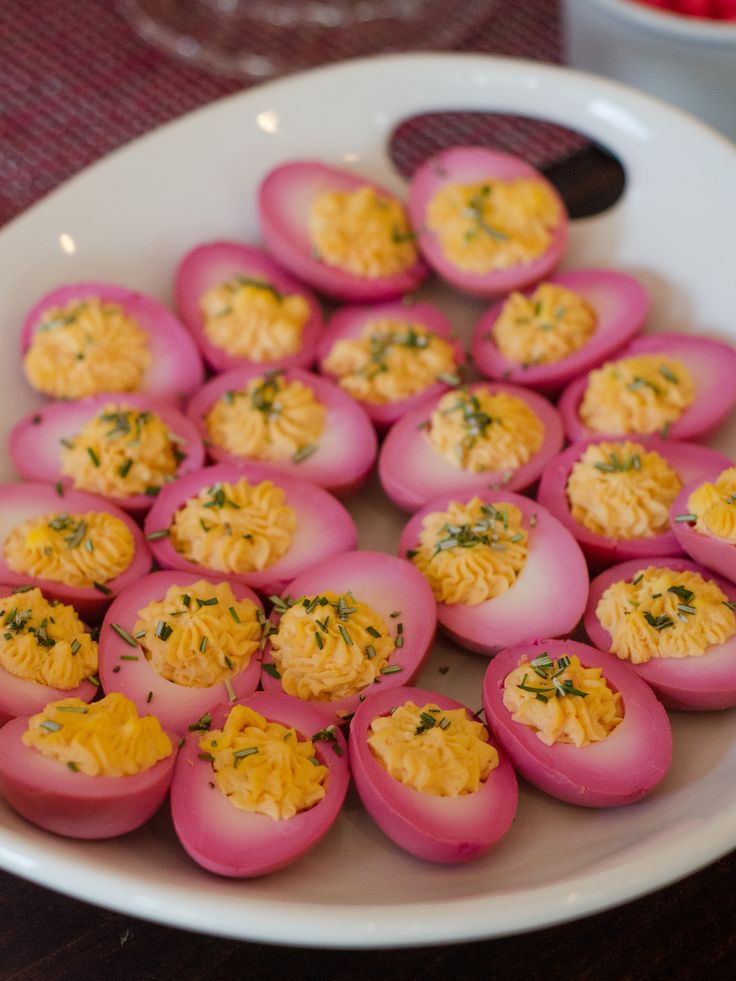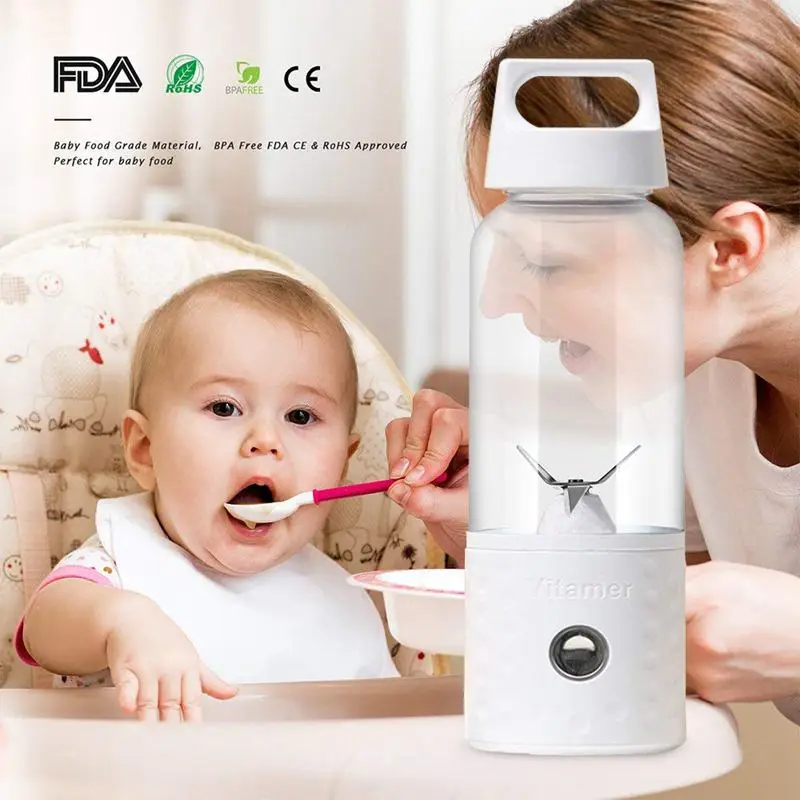Metals found in baby food
Homemade baby food contains as many toxic metals as store bought, report says
CNN —
Making baby food at home with store-bought produce isn’t going to reduce the amount of toxic heavy metals in the food your baby eats, according to a new report released exclusively to CNN.
“We found no evidence to suggest that homemade baby foods made from store-bought produce are better than store-bought baby foods when it comes to heavy metal contamination,” said the paper’s coauthor Jane Houlihan, research director for Healthy Babies, Bright Futures. An alliance of nonprofits, scientists and donors, HBBF, which produced the report, has a stated mission of reducing babies’ exposures to neurotoxic chemicals.
READ MORE: Manufacturers allowed baby food contaminated with heavy metals to remain on shelves, lawmakers say
Researchers tested 288 foods bought at stores and farmers markets across the United States – including grains, fruits, vegetables, snacks, teething foods, and family items that babies eat, such as cereals and rice cakes – for lead, arsenic, mercury and cadmium. Those heavy metals are among the World Health Organization’s top 10 chemicals of concern for infants and children.
“Toxic metal exposure can be harmful to the developing brain. It’s been linked with problems with learning, cognition, and behavior,” according to the American Academy of Pediatrics.
It’s been linked with problems with learning, cognition, and behavior,” according to the American Academy of Pediatrics.
Researchers also pored over data from 7,000 additional food tests reported in published studies and by the US Food and Drug Administration.
Results showed 94% of manufactured baby foods, family foods and homemade purees made from purchased raw foods contained detectable amounts of one or more heavy metals.
Lead was found in 90% of manufactured baby food bought by shoppers for the report and 80% of store-bought family food and homemade purees.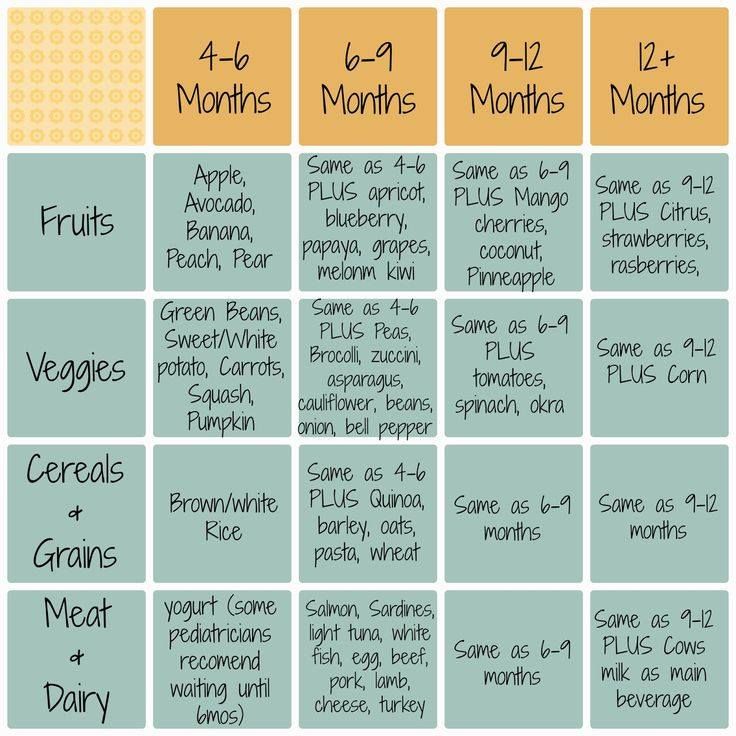 There is no safe level of lead, according to the AAP.
There is no safe level of lead, according to the AAP.
Arsenic was found in 68% store-bought baby food and 72% of family food either purchased or prepared at home. Cadmium was found in 65% of purchased baby food and 60% of family foods, and mercury was in 7% of store-bought baby food and 10% of family foods. (The highest levels of mercury are found in seafood, which was not tested in this analysis.)
READ MORE: 95% of tested baby foods in the US contain toxic metals, report says
The new report is a follow-up to a November 2019 report in which Healthy Babies, Bright Futures tested 168 foods purchased from major baby food manufacturers.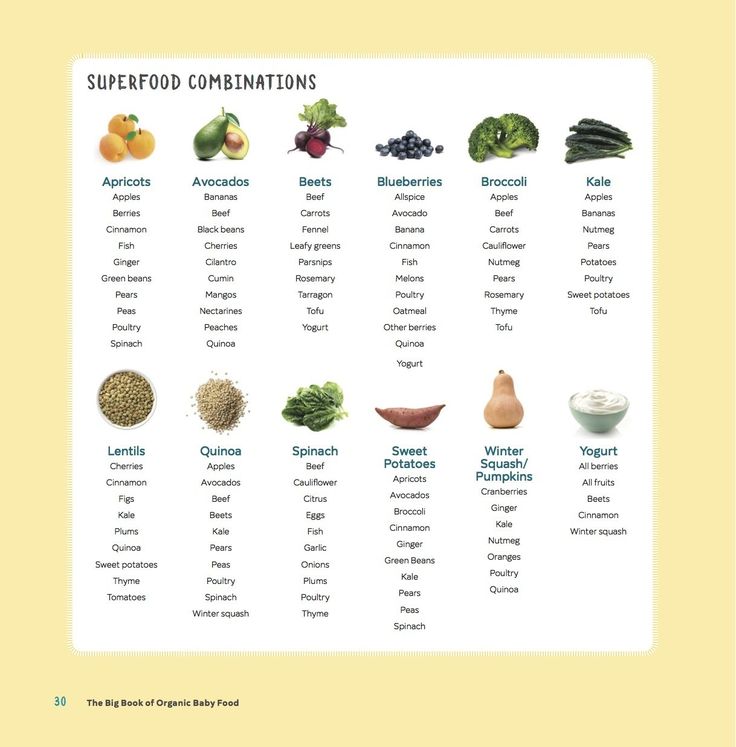 That analysis found 95% of store-bought baby food contained lead, 73% contained arsenic, 75% contained cadmium and 32% contained mercury. One-fourth of the foods tested that year contained all four heavy metals.
That analysis found 95% of store-bought baby food contained lead, 73% contained arsenic, 75% contained cadmium and 32% contained mercury. One-fourth of the foods tested that year contained all four heavy metals.
“After that report we saw so many people saying you can get around this problem by making your own baby food at home, so we decided to check,” Houlihan said. “We suspected we’d find heavy metals in all kinds of food because they’re ubiquitous contaminants in the environment.
“And that is exactly what we found – heavy metals were in foods from every section of the store,” Houlihan said. “What this says is that as the FDA is setting standards for heavy metals in baby food, they need to go beyond the baby food aisle.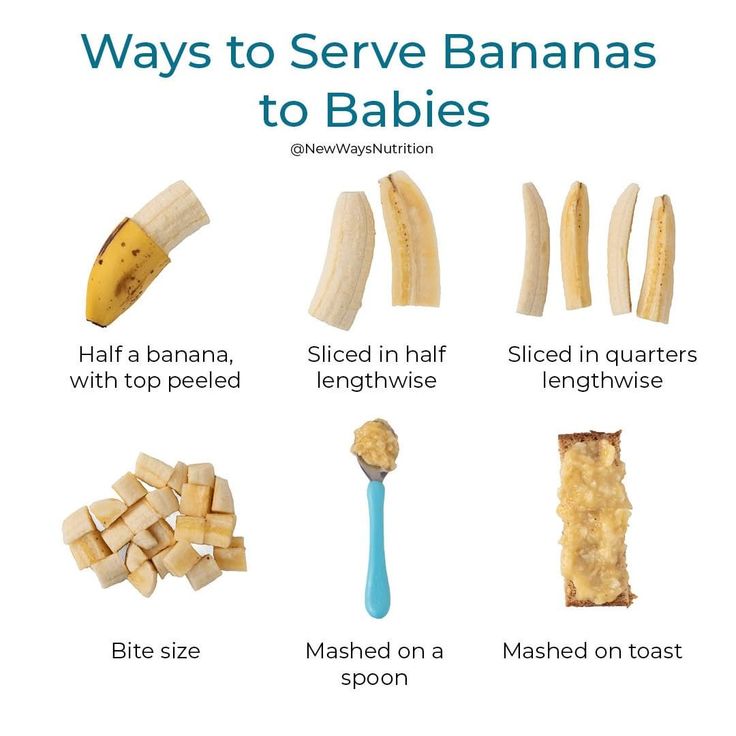 ”
”
What’s a parent or caregiver to do? Feed baby with as many different types of foods as possible, said pediatrician Dr. Mark Corkins, chair of the Committee on Nutrition of the American Academy of Pediatrics. He was not involved in the study.
“If you spread foods out, and offer a wide variety of options, you’ll have less toxicity,” Corkins said. “And nutritionally that’s always been the right thing to do to get the most micronutrients from the food you eat.”
The report found buying organic didn’t lower heavy metal levels either, which was “not shocking or surprising,” said Corkins, a professor of pediatrics at the University of Tennessee Health Science Center and Le Bonheur Children’s Hospital in Memphis, Tennessee.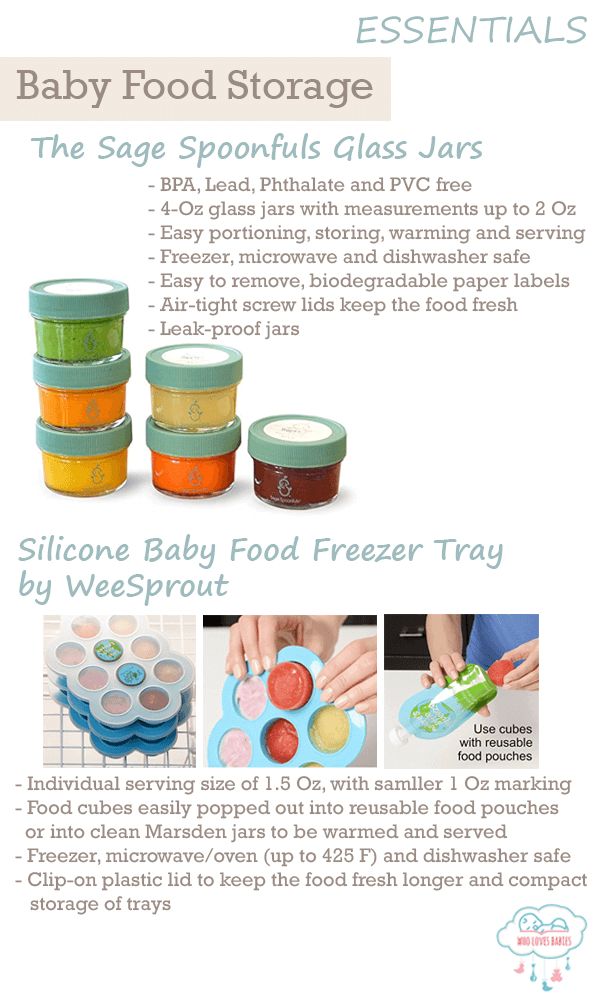
“It’s the soil and water that’s contaminated with arsenic and other heavy metals, so it doesn’t matter if it’s organic or traditional farming methods,” Corkins said. That would apply to locally grown crops or even backyard gardens, if the soil had not been verified to be metal-free.
However, buying organic can help avoid other toxins the new report did not consider, such as herbicides and pesticides, said Dr. Leonardo Trasande, director of environmental pediatrics at NYU Langone Health. He was not involved in the study.
“There are other benefits to eating organic food, including a reduction in synthetic pesticides that are known to be as bad for babies, if not even more problematic,” Trasande said.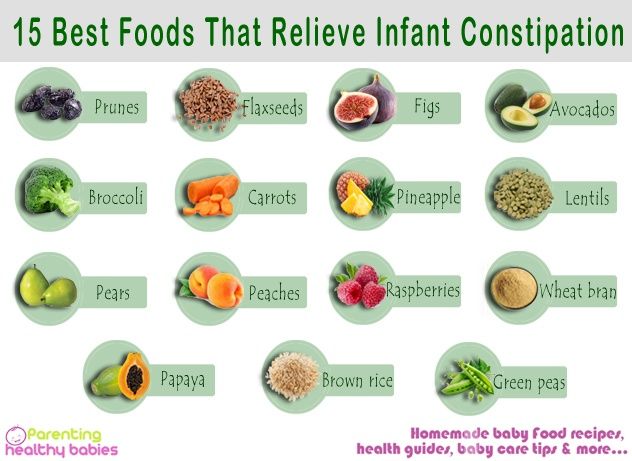
READ MORE: Doctors should test levels of PFAS in people at high risk, report says
“We’ve seen multiple studies show significant effects of synthetic pesticides on cognitive function in children as a result of prenatal exposure. We’ve seen images of the brain where certain parts are smaller that are crucial for higher order functioning after exposure,” he added. “A simple step would simply be to say eat organic because regardless of anything we’re talking about in this report, it’s good for you.”
Experts agree that battling toxins in baby foods is a job for government organizations who will need to work with growers, suppliers and manufacturers to institute regulations and safeguards. In the meantime, parents can make a difference.
In the meantime, parents can make a difference.
“Making even one simple choice every day to lower a child’s exposure will make a difference, whether that’s staying away from rice-based snacks and serving a diced apple instead or choosing not to serve carrots and sweet potatoes every day,” Houlihan said.
“With heavy metals and other toxins the risks add up over a lifetime,” she added. “So even if some of these foods had been served to a child up to their second birthday, starting from there to lower exposure to toxins is going to add up. Every choice matters.”
Tested foods with low metal content contain one-eighth as much heavy metal contamination as foods with the highest levels, Houlihan said.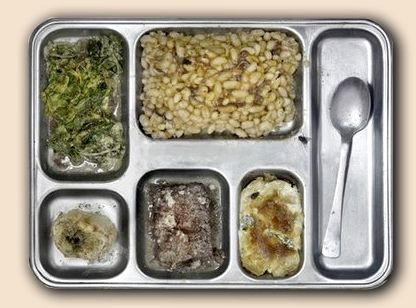 These are foods that can be “eaten freely,” the report suggested.
These are foods that can be “eaten freely,” the report suggested.
Fresh bananas, with heavy metal levels of 1.8 parts per billion, were the least contaminated of foods tested for the report. That’s an “82-fold difference in average level of total heavy metals” from the most contaminated food, rice cakes, which tested at 147 parts per billion, according to the investigation.
READ MORE: ‘Consider chemical hazards’ in the baby foods you sell, FDA warns manufacturers
After bananas, the least contaminated foods were grits, manufactured baby food meats, butternut squash, lamb, apples, pork, eggs, oranges and watermelon, in that order.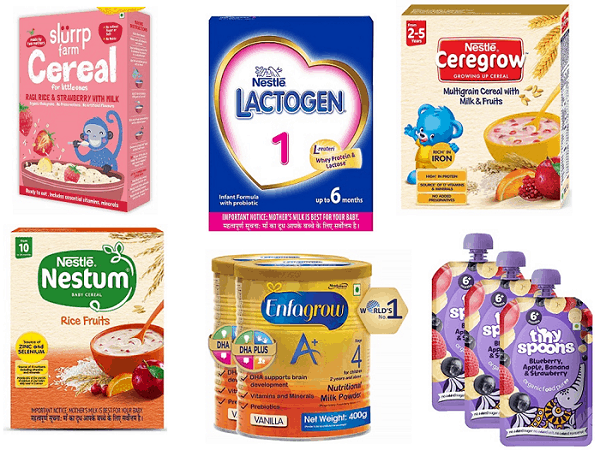 Other foods with lower levels of contamination included green beans, peas, cucumbers, and soft or pureed home-cooked meats, the report found.
Other foods with lower levels of contamination included green beans, peas, cucumbers, and soft or pureed home-cooked meats, the report found.
Infant formula made with lead-free tap water was recommended. Tap water that has been tested and is free of lead is always a good choice. Milk is also a good choice, but only for babies 12 months and older.
Some healthy lower-metal foods, such as yogurt, unsweetened applesauce, beans, cheese, hard-boiled eggs and grapes that have been cut lengthwise, were good choices for snacks for babies, according to the report.
Fresh and frozen fruit – including those used in homemade purees – were options as well.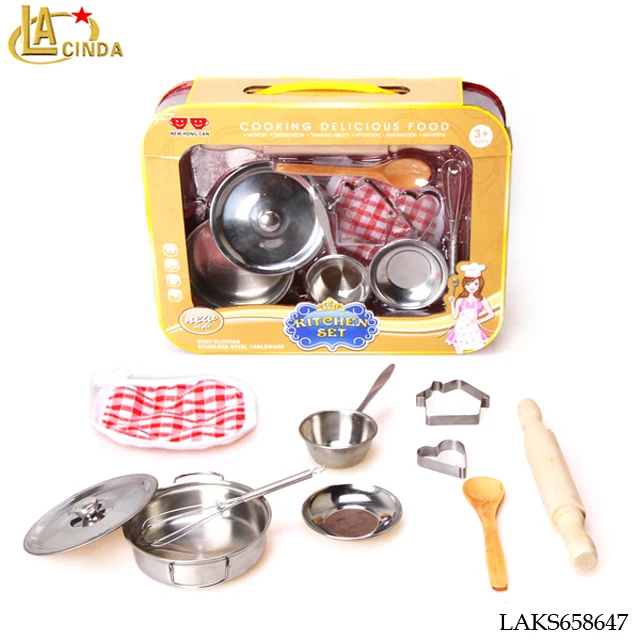 But don’t use canned fruits if you can avoid it: “Tests find lead 30 times more often in canned fruit than in fresh and frozen fruit,” the report stated.
But don’t use canned fruits if you can avoid it: “Tests find lead 30 times more often in canned fruit than in fresh and frozen fruit,” the report stated.
Parents and caregivers can also lower their baby’s exposure to heavy metals by making some smart substitutions, the report said.
Using a frozen banana for a teething baby instead of a rice-based teething biscuit or rice rusk could lower total intake of heavy metals by 95%, according to the report. Another suggested teething aid: peeled and chilled cucumber spears.
The most heavily contaminated foods eaten by babies were all rice-based: “Rice cakes, rice puffs, crisped rice cereals and brown rice with no cooking water removed are heavily contaminated with inorganic arsenic, which is the more toxic form of arsenic,” Houlihan said.
Arsenic is a natural element found in soil, water and air, and because rice is grown in water, it is especially good at absorbing inorganic arsenic. (“Inorganic” is a chemical term and has nothing to do with the method of farming.) Brown and wild rice are the worst offenders, as the bran contains the highest arsenic concentrations.
READ MORE: New FDA limits on arsenic levels in infant rice cereals don’t adequately protect children, critics say
Prior research has shown that even low levels of inorganic arsenic exposure can impact a baby’s neurodevelopment. A meta-analysis of studies on the topic found a 50% increase in arsenic levels in urine would be associated with a 0.4-point decrease in the IQ of children between the ages of 5 and 15.
A meta-analysis of studies on the topic found a 50% increase in arsenic levels in urine would be associated with a 0.4-point decrease in the IQ of children between the ages of 5 and 15.
Testing by HBBF found rice cakes were the most contaminated with inorganic arsenic, followed by crisped rice cereal, rice-based puffs and brown rice. The report recommended those foods be avoided entirely, unless the brown rice is cooked with extra water that is poured off before consumption (much like pasta). It’s best to do that with all rice, including white and wild rice, the report said, as it can reduce arsenic levels by up to 60%.
Rice-based teething biscuits or rusks and white rice came next on the most contaminated list, the report said.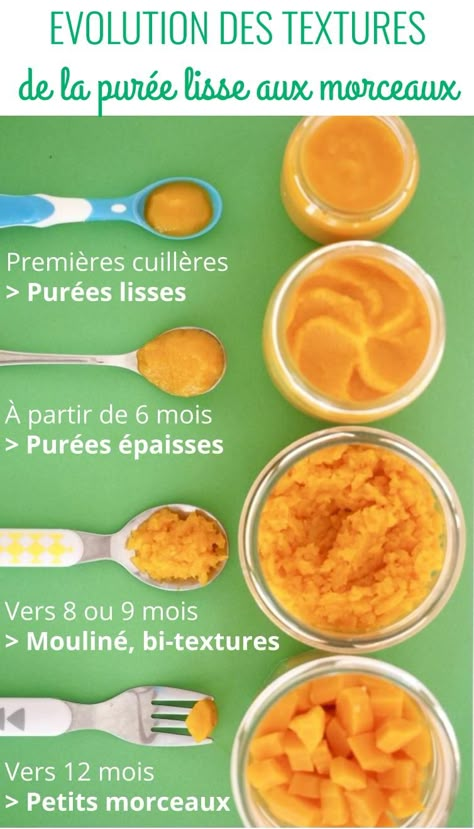 White rice is milled to remove the outer layers, but experts say arsenic levels remain high enough to be concerning, especially if rice is a daily staple.
White rice is milled to remove the outer layers, but experts say arsenic levels remain high enough to be concerning, especially if rice is a daily staple.
“Inorganic arsenic averaged 100 parts per billion in brown rice infant cereal and 74 parts per billion in white rice infant cereal in our tests,” Houlihan said. “Baby food companies have taken brown rice cereal off the market because of its high arsenic levels.”
READ MORE: Water- and stain-resistant products contain toxic plastics, study says. Here’s what to do
Parents and caregivers can help by staying away from high-arsenic varieties of white rice grown in Arkansas, Louisiana, Texas, or simply “US” and instead choosing lower-arsenic basmati rice from California, India and Pakistan, as well as sushi rice from the US, the report said.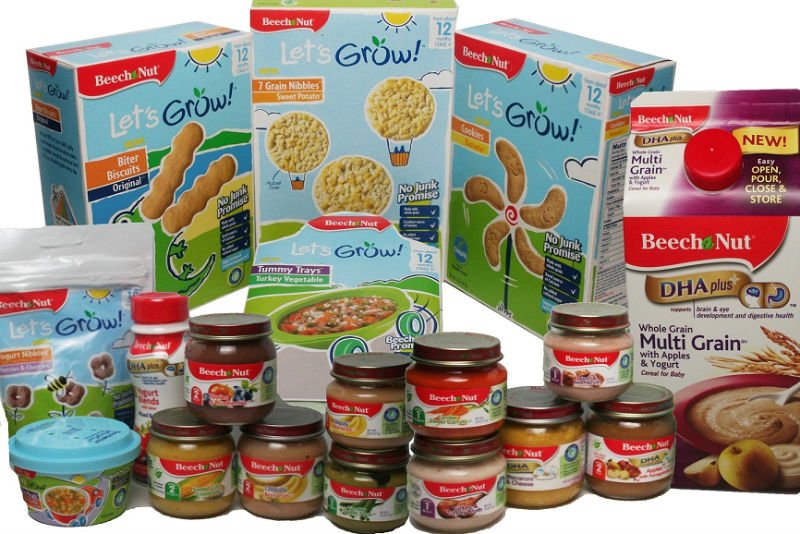
After rice-based foods, the analysis found the highest levels of heavy metals in raisins, non-rice teething crackers, granola bars with raisins and oat-ring cereals. But those were not the only foods of concern: Dried fruit, grape juice, arrowroot teething crackers and sunflower seed butter all contained high amounts of at least one toxic metal, according to the report.
“Many foods have a kind of unique, heavy metal profile,” Houlihan explained. “For example, we saw very high levels of cadmium in things like spinach, leaf lettuce and peanut butter.”
However, the human body doesn’t absorb cadmium as easily as other heavy metals, and for that reason “it doesn’t have as high a level of concern,” Houlihan added.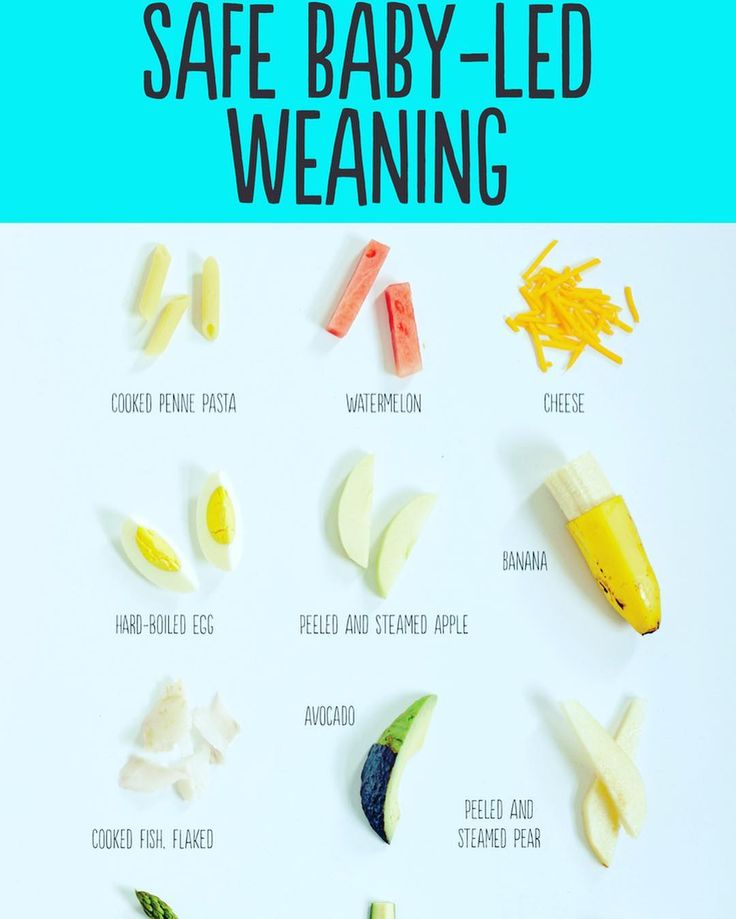
“There’s also not as much evidence that cadmium is neurotoxic to babies, or at least the body of evidence isn’t there at the same levels as lead and arsenic,” she said. “Lead and arsenic damage isn’t reversible – these are permanent impacts on IQ, learning ability and behavior, so it’s a big deal.”
Root and tuber vegetables may have higher levels of heavy metals like lead and arsenic because they grow underground. In fact, the investigation found that nutritious baby favorites like carrots, sweet potatoes, squash and many types of potatoes did have concerning levels of heavy metals.
READ MORE: Dangerous chemicals found in food wrappers at major fast-food restaurants and grocery chains, report says
Even the same food could have varying levels of toxic metals, according to the report. For example, a shopper in Raleigh, North Carolina, bought a sweet potato with 60.7 parts per billion of lead – 10 times more than the store-bought sweet potato puree she purchased. A Chicago shopper purchased a fresh carrot with eight times more arsenic than the premade carrot baby food she took home, the investigation found.
Yet shoppers in Tennessee and California found the opposite – their fresh produce had minimal levels of heavy metals compared with the manufactured baby food brands they bought.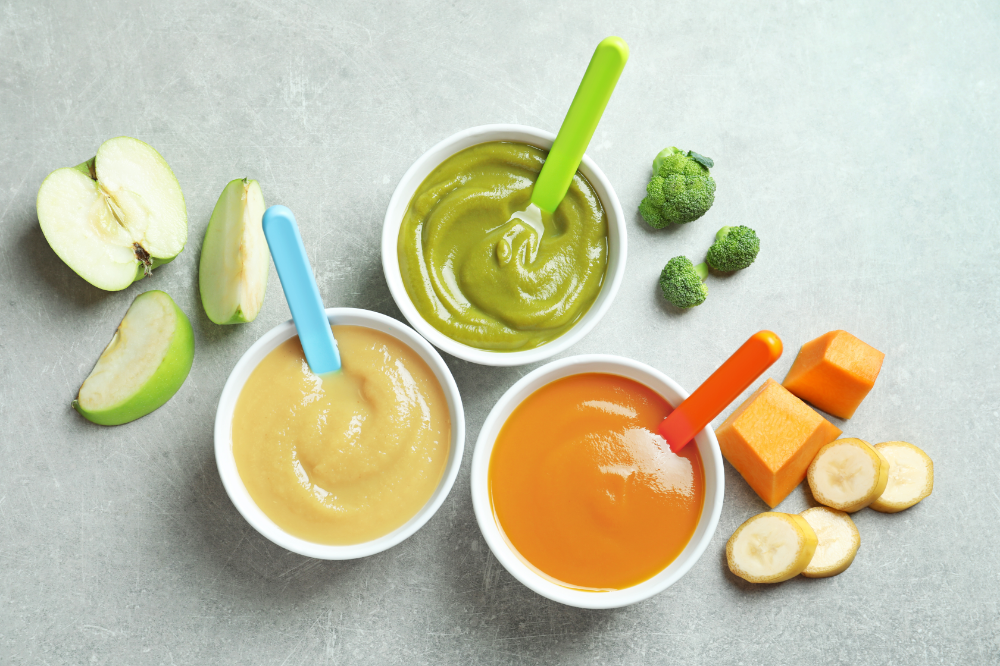
“As a parent, you don’t know what you’re picking up out of the produce bin,” Houlihan said. “Is it elevated because of the cultivar – the particular type of sweet potato or carrot? Or is it elevated because it’s grown in an area where the soil has naturally high levels of lead?
Answering these questions will be the responsibility of government regulators and industry, Houlihan said. The FDA has a Closer to Zero campaign, for example, which could take on the issue.
CNN has reached out to the FDA for comment but hasn’t yet received a response.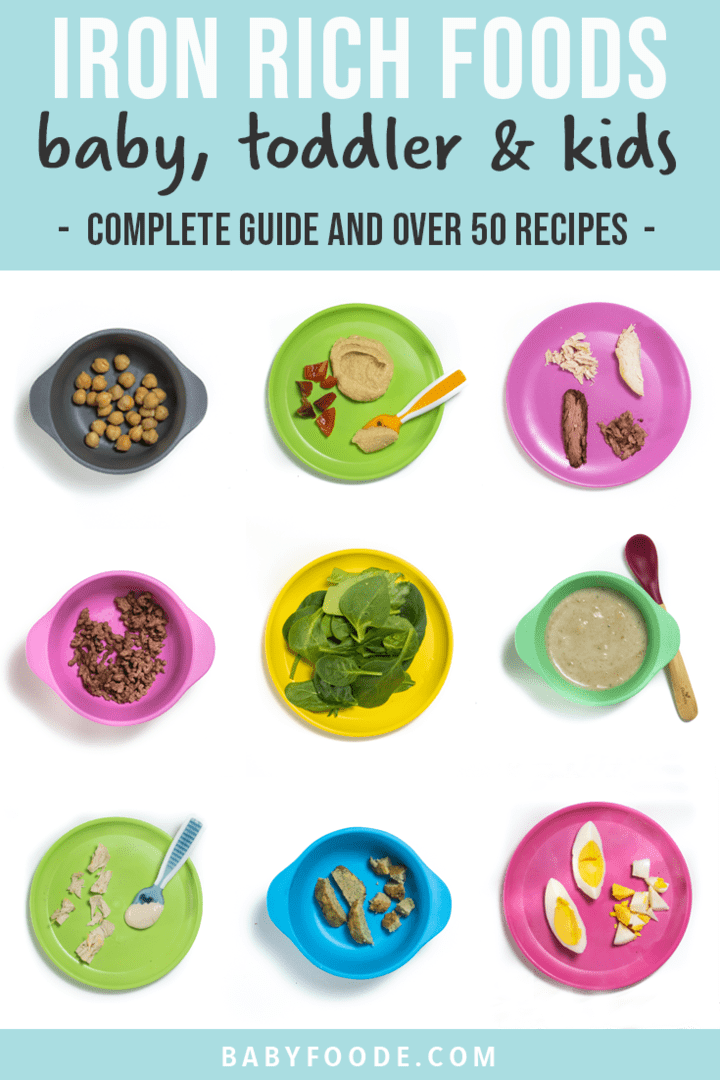
“And remember, if you’re protecting the basic ingredients that parents are using to make food at home, you’re not only protecting babies and toddlers, you’re protecting pregnant women as well. Babies in utero are particularly vulnerable to toxins while the brain is growing at such a rapid pace.”
With no way of knowing levels of toxic metals in the soil where produce is grown, parents and caregivers need to add one more step to their efforts to avoid these substances, Houlihan suggested. In addition to mixing up the variety of foods and not serving the same options each day, parents can “choose different brands or varieties of foods or shop in different stores from week to week to avoid choosing a high-metal source regularly. ”
”
Sign up for CNN’s Eat, But Better: Mediterranean Style. Our eight-part guide shows you a delicious expert-backed eating lifestyle that will boost your health for life.
Heavy Metals in Baby Food
Log in | Register
Ages & Stages
Ages & Stages
News about heavy metals found in baby food can leave parents with a lot of questions.
Here's some information from the American Academy of Pediatrics about the risk of toxic metal exposure to children, and how to help minimize it.
Can heavy metals in baby food harm my baby?
The low levels of heavy metals found in baby foods likely are a relatively small part of a child's overall toxic metal exposure risk.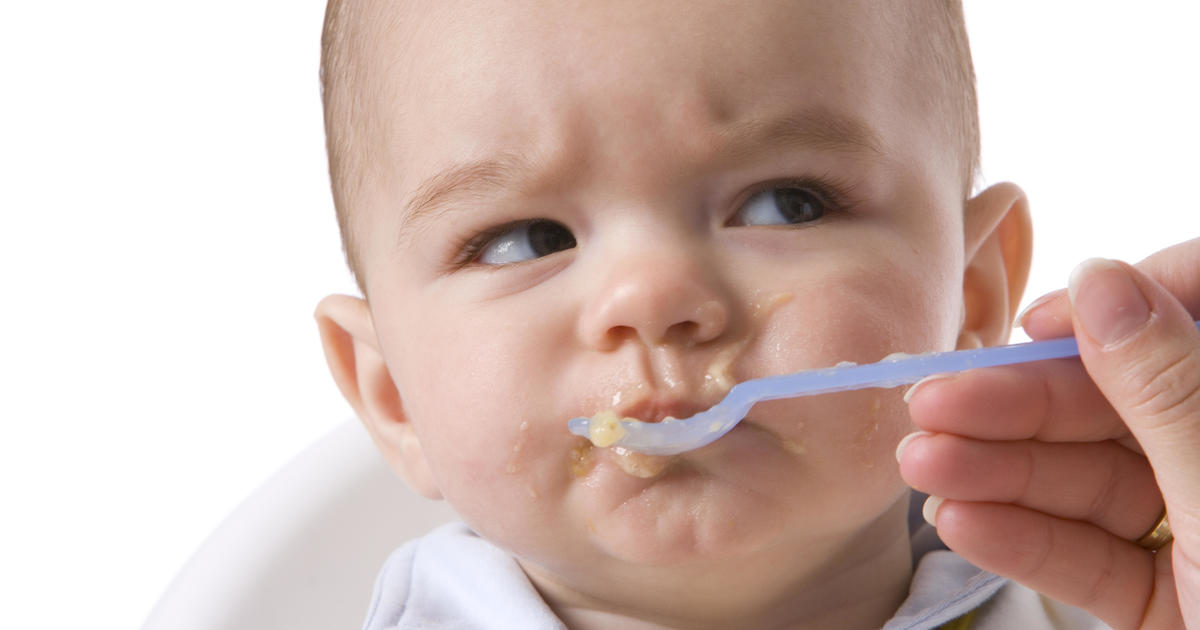 However, exposure from all sources should be minimized. Toxic metal exposure can be harmful to the developing brain. It's been linked with problems with learning, cognition and behavior. But keep in mind that many genetic, social, and environment factors influence healthy brain development, and toxic metal exposure is just one of these factors.
However, exposure from all sources should be minimized. Toxic metal exposure can be harmful to the developing brain. It's been linked with problems with learning, cognition and behavior. But keep in mind that many genetic, social, and environment factors influence healthy brain development, and toxic metal exposure is just one of these factors.
How do heavy metals get into foods?
Metals are found naturally in the Earth's crust. They also are released into our environment as pollution and get into the water and soil used to grow food. Metals can also get into food from food manufacturing and packaging. Some of the most common metals that get into food, according to the U.S. Food & Drug Administration, include inorganic arsenic, lead, cadmium and mercury.
How can I reduce my baby's exposure to toxic metals?
Stronger rules and regulations for testing and limiting the amount of heavy metals in foods for babies and toddlers are most important.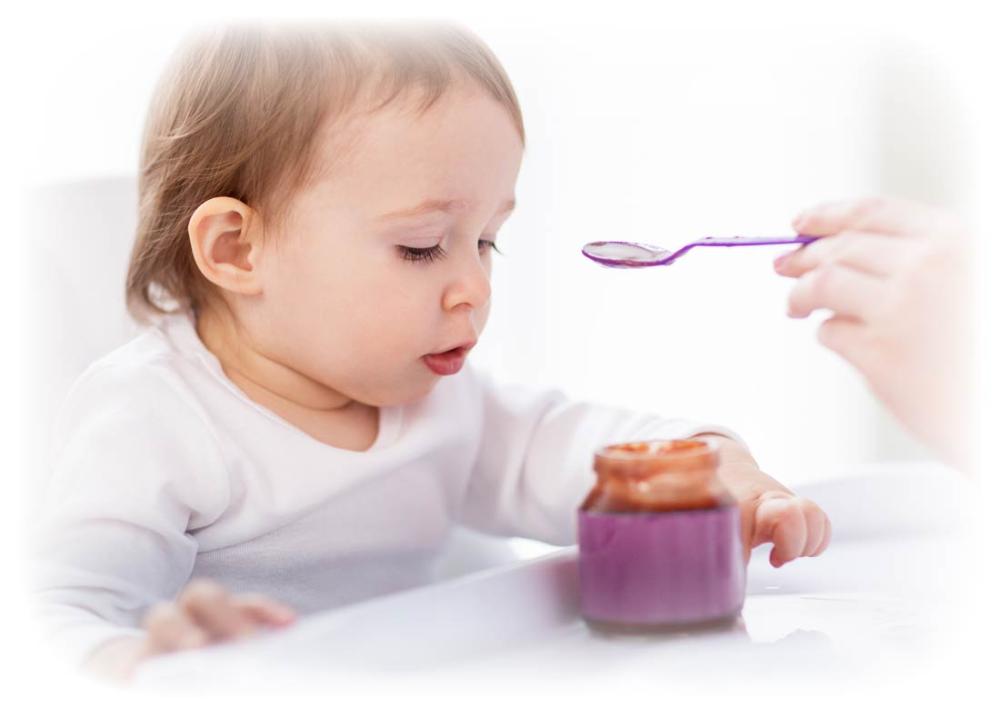 But there are several steps parents can take now to reduce the risk that kids will be exposed to toxic metals in their diet, and from other sources:
But there are several steps parents can take now to reduce the risk that kids will be exposed to toxic metals in their diet, and from other sources:
Serve a variety of foods. Give your child a well-balanced diet that includes a variety of fruits, vegetables (wash in cool water before preparing and serving), grains and lean protein. Eating a variety of healthy foods that are rich in essential nutrients can lower the exposure to toxic metals and other contaminants found in some foods.
Read the labels. Multi-ingredient baby food blends may be a good option. Be aware that many have the same first or second ingredient, though. Different flavor blends, like kale/pear and spinach/pumpkin, for example, may actually both have sweet potatoes as their first ingredient. It's important to read the ingredients label to be sure you are offering a true variety of foods.
Switch up your grains. Fortified infant cereals can be a good source of nutrition for babies, but rice cereal does not need to be the first or only cereal used.
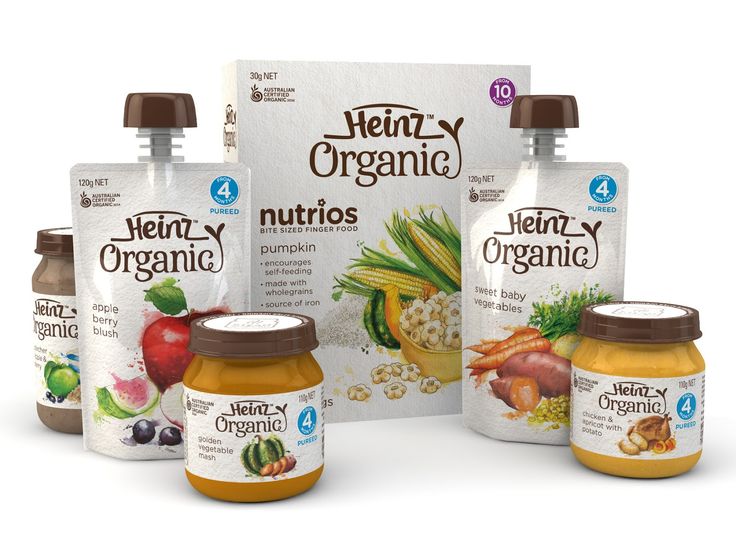 Rice tends to absorb more arsenic from groundwater than other crops. You can include a variety of grains in your baby's diet, including oat, barley, couscous, quinoa, farro, and bulgur. Multi-grain infant cereals can be a good choice. Try to avoid using rice milk and brown rice syrup, which is sometimes used as a sweetener in processed toddler foods.
Rice tends to absorb more arsenic from groundwater than other crops. You can include a variety of grains in your baby's diet, including oat, barley, couscous, quinoa, farro, and bulgur. Multi-grain infant cereals can be a good choice. Try to avoid using rice milk and brown rice syrup, which is sometimes used as a sweetener in processed toddler foods.
Check your water. Heavy metals can get into tap water: for example, arsenic can contaminate well water, and older pipes may contain lead. You can contact your local health department to have your water tested if this is a concern.
Breastfeed if possible. Breastfeeding, rather than formula feeding, also can help reduce exposure to toxic metals. The American Academy of Pediatrics (AAP) recommends breastfeeding as the sole source of nutrition for your baby for about 6 months.
Avoid fruit juice. Offer toddlers and young children sliced or pureed whole fruits rather than juice.
 Some fruit juices can contain concerning levels of heavy metals. Plus, juice is high in sugar and not as nutrient rich as whole fruit. Stick with breast milk or formula for babies under 6 months old, and water and milk after they reach age 1.
Some fruit juices can contain concerning levels of heavy metals. Plus, juice is high in sugar and not as nutrient rich as whole fruit. Stick with breast milk or formula for babies under 6 months old, and water and milk after they reach age 1.Make healthy fish choices. Some types of fish can be high in a form of mercury called methylmercury, and other metals. Of most concern are large, predatory fish that eat other fish and live longer, such as shark, orange roughy, swordfish, and albacore/white tuna. Eating too much contaminated fish can harm a child's developing nervous system. But fish is also an excellent source of protein and other nutrients children need, and many are low in mercury. Look for better options like light tuna (solid or chunk), salmon, cod, whitefish, and pollock.
Variety is important for homemade baby food, too. There are several benefits to making your own baby food fresh at home: it can be cost-effective, avoids potential contaminants from processing or packaging, and you can choose the ingredients.
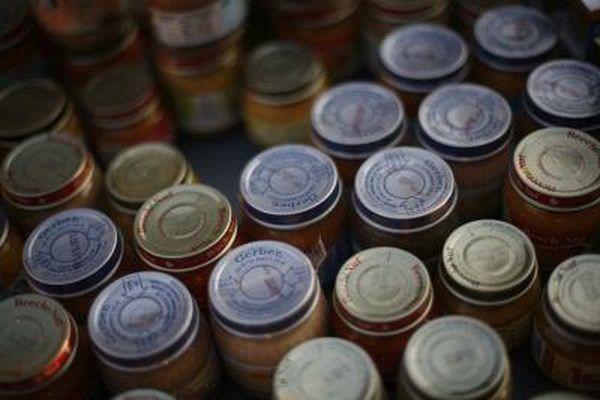 But keep in mind that offering a variety of foods is just as important when making your own baby food as when shopping for prepared baby foods.
But keep in mind that offering a variety of foods is just as important when making your own baby food as when shopping for prepared baby foods.Address lead hazards in your home. There are other important ways to help reduce your baby's exposure to toxic metals. The most common source of lead exposure, for example, is from peeling or chipping paint from older homes. Soil, some cosmetics and spices, water, and certain occupations and hobbies can also be sources of exposure. Find more information about lead here.
Don't smoke or vape. Secondhand and thirdhand smoke from both regular and e-cigarettes, may expose children to metals such as cadmium and lead. Vaping allows toxic metals from the vape coils to get into the air and be inhaled. Secondhand smoke also contains harmful chemicals that can increase the risk of cancer.
Is organic baby food better?
Organic baby foods may have lower levels of certain pesticides and other chemicals.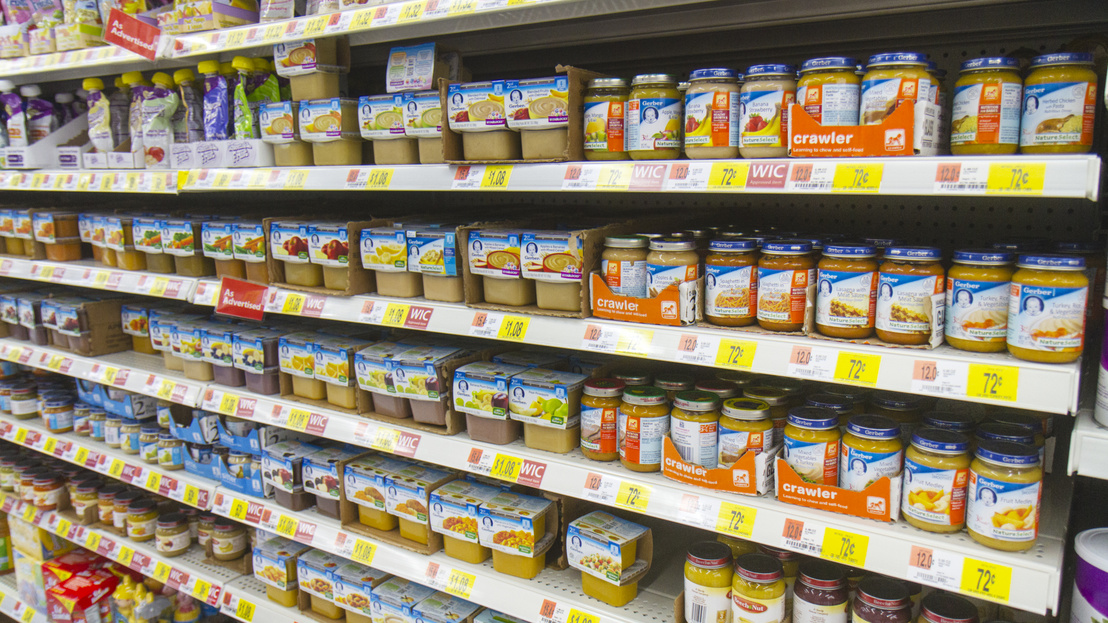 Because heavy metals are found in the soil and can get into prepared foods from processing, however,organic foods often contain similar levels of heavy metals as non-organic foods.
Because heavy metals are found in the soil and can get into prepared foods from processing, however,organic foods often contain similar levels of heavy metals as non-organic foods.
Should my baby be tested for heavy metal exposure?
Until more information about metals in baby foods becomes available, experts say there's no need to get children tested. Tests that look at a child's hair for toxic metal exposure also are not recommended, since this type of testing is scientifically unproven and often inaccurate.
Talk with your pediatrician
If you're concerned about heavy metals in baby food, talk with your pediatrician. Your regional
Pediatric Environmental Health Specialty Unit (PEHSU) have staff who can also talk with parents about concerns over environmental toxins.
More information
- Starting Solid Foods
- Choosing Healthy Snacks for Toddlers
- Ask the Pediatrician: Is it OK to make my own baby food?
- Food Additives: What Parents Should Know
- AAP: Babies Should Eat a Varied Diet to Protect Against Heavy Metals in Commercial, Homemade food
- Heavy Metals in Baby Food and Fruit Juice: Advice for Parents From Environmental Pediatricians
- Pediatric Environmental Health Specialty Units (PEHSUs)
- Last Updated
- 8/12/2022
- Source
- American Academy of Pediatrics (Copyright © 2021)
The information contained on this Web site should not be used as a substitute for the medical care and advice of your pediatrician. There may be variations in treatment that your pediatrician may recommend based on individual facts and circumstances.
There may be variations in treatment that your pediatrician may recommend based on individual facts and circumstances.
Homemade baby food as toxic as store-bought
There are no “all kinds of chemicals” in your own kitchen, but the same “all kinds of chemicals” are contained in the products themselves.
Homemade baby food made from commercial products will not reduce the amount of toxic heavy metals in food. American researchers came to this conclusion.
See also: Unhealthy food: six unhealthy foods in your kitchen.
“We found no evidence that homemade baby food made with store-bought foods is better than store-bought baby food when it comes to heavy metal contamination,” said study co-author Jane Houlihan.
Worked by an alliance of non-profit organizations, scientists and donors. The researchers tested 288 products purchased from stores and farmers' markets across the United States. They bought cereals, fruits and vegetables.
Products tested for lead, arsenic, mercury and cadmium. These heavy metals are among the World Health Organization's top 10 chemicals of concern for children's health. Exposure to toxic metals can be harmful to the developing brain. This has been associated with problems in learning, cognition, and behavior,” reports the American Academy of Pediatrics.
The researchers also looked at 7,000 additional food tests from the US Food and Drug Administration.
All homemade baby food contains heavy metals
The results showed that 94% of baby food made from purchased raw foods contained one or more heavy metals. Lead has been found in 90% of purchased baby food and 80% of homemade food. At the same time, there is no safe level of lead.
Arsenic has been found in 68% of store-bought baby food. And in 72% of food prepared at home. Cadmium has been found in 65% of purchased baby food and 60% of homemade food. Mercury was found in 7% of store-bought food and 10% of homemade food.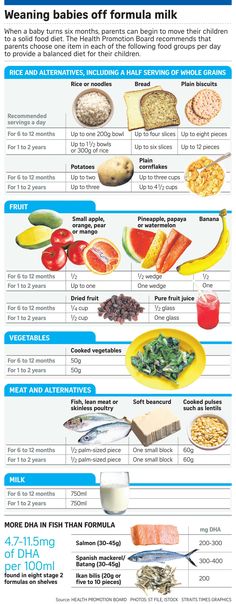
The new report is a continuation of the 2019 study. At that time, Healthy Babies, Bright Futures tested 168 products purchased from major baby food manufacturers. This analysis showed that 95% of store-bought baby food contained lead, 73% arsenic, 75% cadmium, and 32% mercury.
A quarter of the products tested last year contained all four heavy metals.
“After this report, we saw many people saying that you can solve this problem by making your own baby food at home. And we decided to check it out,” Houlihan said. “We suspected that we would find heavy metals in all types of food. After all, they are the ubiquitous environmental pollutants. And so it turned out: heavy metals were in products from all departments of the store.
Does buying organic help
Buying organic also does not reduce heavy metals. It is “not shocking or surprising,” says Professor Corkins. He explained that it is the soil and water that are contaminated with arsenic and other heavy metals.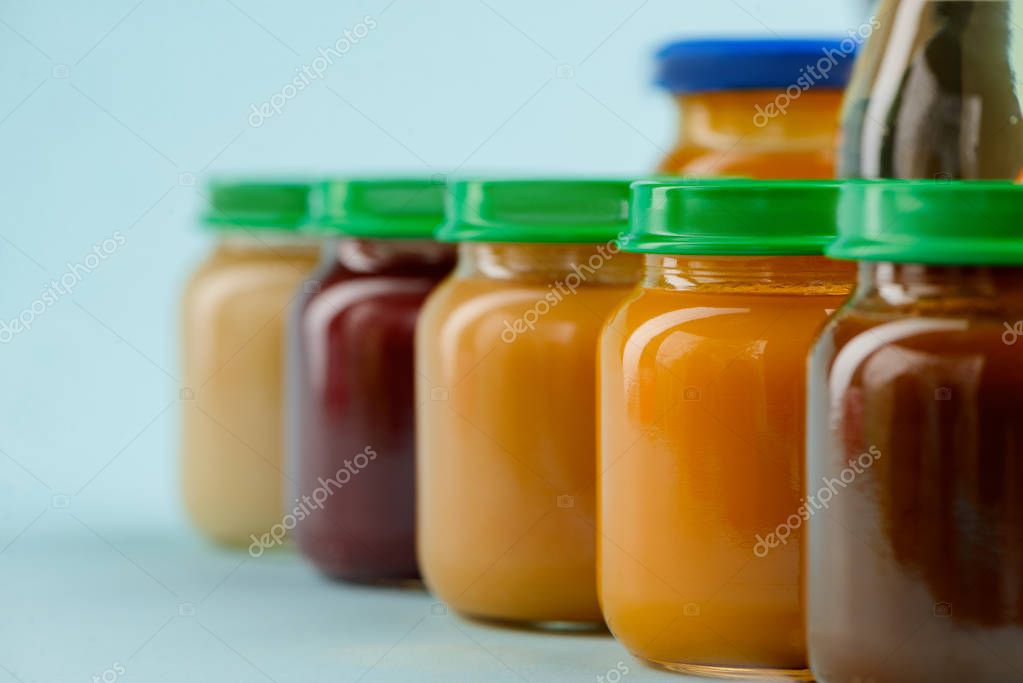 So it doesn't matter if the farming methods are organic or traditional.
So it doesn't matter if the farming methods are organic or traditional.
However, buying organic can help avoid other toxins not covered in the new report, such as herbicides and pesticides, said Dr. Leonardo Trasande, director of environmental pediatrics at NYU Langone Health. He also did not take part in the study.
There are other benefits to eating organic food. Including reducing the amount of synthetic pesticides. They are known to be just as harmful to children, if not more problematic, Trasande said.
What to feed your baby
As many different types of foods as possible, says pediatrician Dr. Mark Corkins, chairman of the American Academy of Pediatrics Committee on Nutrition. He did not take part in the study. The wider the choice of products, the less toxicity. Plus, this will allow you to get as many trace elements from food as possible.
See also:
- Hipp baby food: there is a risk to children's health
- US will import baby food from Europe
- Healthy eating: Cheat Meal helps or hurts?
Subscribe to our Telegram
Receive 1 breaking news message per day
Read also:
found heavy metals
Experts from the Subcommittee on Economic and Consumer Policy of the US House of Representatives found dangerous levels of toxic metals in the baby food of several American brands.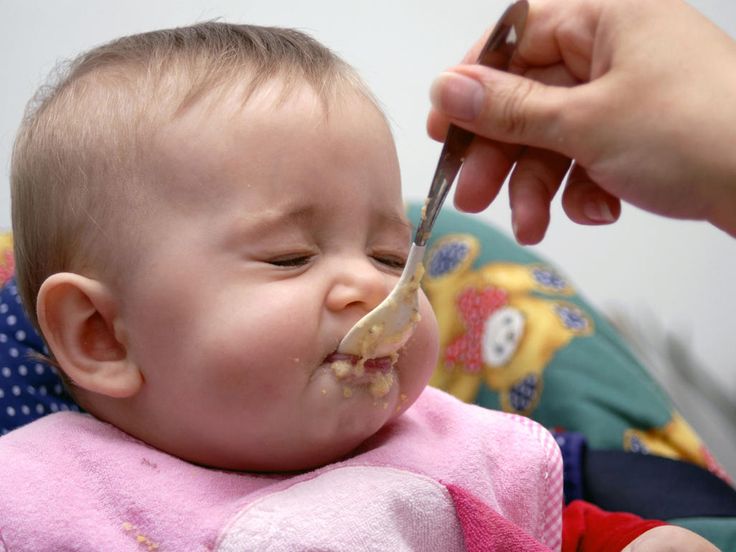 CNN writes about the progress of the investigation.
CNN writes about the progress of the investigation.
- Testing found high levels of substances such as arsenic, lead, cadmium and mercury in baby products. These heavy toxic metals pose a serious health hazard to children.
- Products from Gerber, Nurture Inc., Hain Celestial Group and Beech-Nutrition.
- Manufacturers are accused of knowingly selling these unlabeled products to parents who are unaware of the risks they are putting their children at.
- Experts and the World Health Organization also draw attention to the fact that exposure to these metals can lead to a decrease in intelligence, inhibition of the neurological development of infants and impaired brain function.
US baby food market situation
According to the 2019 Healthy Babies Bright Futures (HBBF) report, 95% of baby food samples tested contain at least one of four substances: arsenic, mercury, cadmium or lead.
- Experts tested 168 baby food brands.
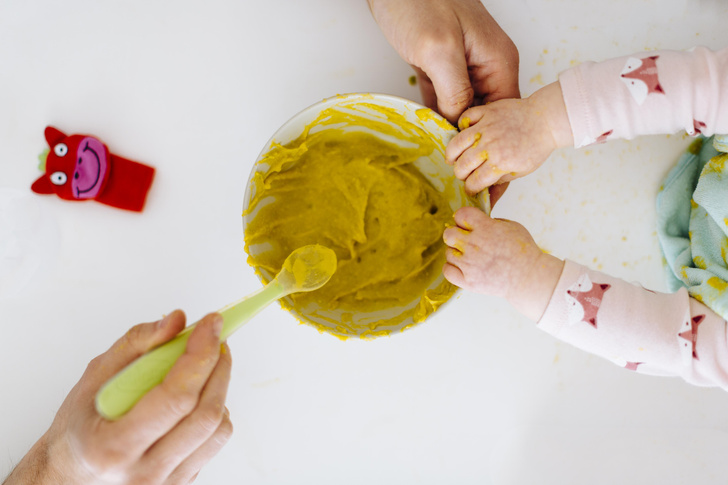 25% of them contained all four substances at once.
25% of them contained all four substances at once. - The researchers specifically recommended avoiding rice-based foods, as well as carrots, sweet potatoes, and fruit juices.
- Instead, the scientists recommended steaming vegetables for children, feeding them breakfast cereals, fruit, and a frozen banana or chilled cucumber for teething pain.
In Russia
, New Zealand (1), Russia (4), Finland (1), Switzerland (1) and Estonia (1), which are sold in Russia.
- Experts did not reveal any violations, but only the Belarusian product showed full compliance with all quality standards.
- Experts tested the mixtures for microbiological safety and the presence of preservatives and antibiotics.
- The results showed that the products are "free of dangerous microorganisms (including salmonella), mold and yeast, preservatives and antibiotics, lead, mercury, cadmium and arsenic."
Cases of baby food poisoning
- On November 24, 2009 , two businessmen were executed in China for producing and selling baby milk containing melamine, which is widely used to make dyes, glues and concrete.
